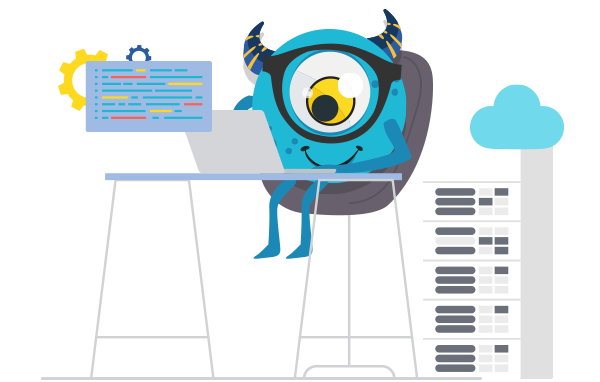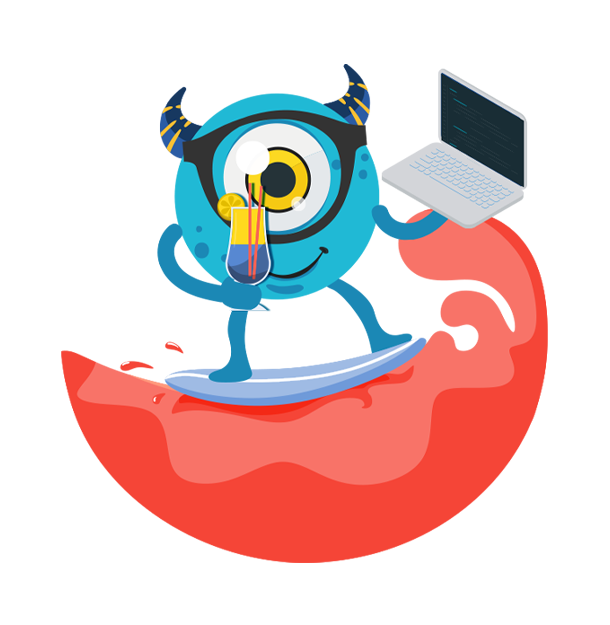Description
Kloia is a Premiere Consulting Partner of AWS and a leading consultancy specializing in DevOps, Cloud, Application Modernization, GenAI, and Observability.
Our teams are growing rapidly and we’re hiring a Engineering Lead - Cloud/ DevOps mainly for our enterprise projects where we are expecting to play role in discovering, assessing, advising, designing the requirements for various different use cases in our customers.
What does a Engineering Lead - Cloud/DevOps do?
An Engineering Lead - Cloud/DevOps, also known as a DevOps Lead or an Engineering Manager with a DevOps focus, is a senior technical leader who oversees and manages DevOps techniques within a business. Their responsibilities often include, but are not limited to, the following:
- DevOps Strategy: Develop and implement a DevOps strategy aligned with the organization's business goals. This includes defining best practices, processes, and tools for software development, deployment, and operations.
- Team Leadership: Lead and manage a team of DevOps engineers, providing guidance, mentorship, and support. This involves setting team goals, managing workloads, and fostering a collaborative and innovative work environment.
- Infrastructure as Code (IaC): Promote the use of IaC principles and tools like Terraform, Ansible, or Puppet to automate the provisioning and management of infrastructure.
- CI/CD Implementation: Oversee the creation and maintenance of continuous integration and continuous deployment (CI/CD) pipelines, ensuring that software can be built, tested, and deployed efficiently and reliably.
- Tooling and Automation: Evaluate, select, and manage the use of DevOps tools and automation solutions, such as Jenkins, GitLab CI/CD, Docker, Kubernetes, and others. Implement automation for configuration management, testing, and deployment.
- Monitoring and Incident Response: Set up monitoring and alerting systems to track application and infrastructure performance. Develop incident response procedures to minimize downtime and resolve issues promptly.
- Security and Compliance: Collaborate with security teams to establish and enforce security best practices, identity and access management, and compliance requirements in the CI/CD pipeline and infrastructure.
- Collaboration with Development and Operations: Foster collaboration and communication between development and operations teams, breaking down silos and promoting a DevOps culture of shared responsibility.
- Capacity Planning and Scaling: Work on capacity planning to ensure systems can handle changes in demand and growth. Implement autoscaling and load balancing where necessary.
- Cost Optimization: Analyze cloud costs and identify opportunities for optimization, such as using reserved instances, right-sizing resources, and eliminating waste.
- Documentation and Training: Ensure comprehensive documentation of DevOps processes, best practices, and standards. Provide training to team members and other stakeholders.
- Performance Improvement: Continuously analyze and improve the efficiency and performance of the CI/CD pipeline, infrastructure, and development workflows.
- Vendor and Tool Selection: Make informed decisions about cloud service providers, DevOps tools, and technology stack choices.
- Risk Management: Identify and mitigate risks related to the DevOps environment, ensuring business continuity and data integrity.
- Stakeholder Communication: Effectively communicate DevOps initiatives, progress, and results to executive leadership, technical teams, and other stakeholders.
- Innovation: Stay up-to-date with emerging DevOps technologies and industry trends to assess their potential benefits for the organization.
An Engineering Lead - Cloud/DevOps is ultimately accountable for the overall health and success of a company's DevOps practices. They must mix technical knowledge with leadership and managerial abilities to ensure that development and operations processes are streamlined, efficient, and aligned with corporate goals. They are also crucial in promoting cultural and organizational change in order to promote DevOps ideas and practices.
Position: Engineering Lead - Cloud/Devops
Location: Remote - EMEA
Level: Senior

